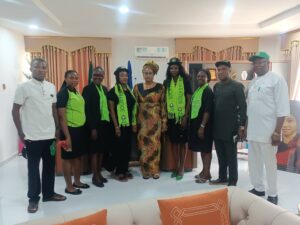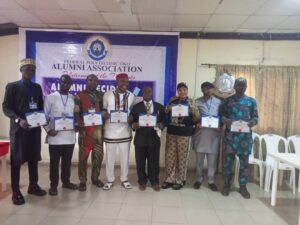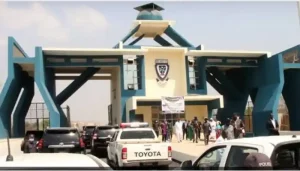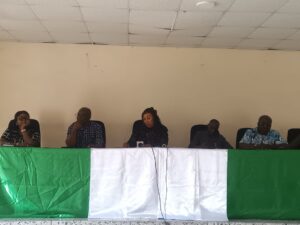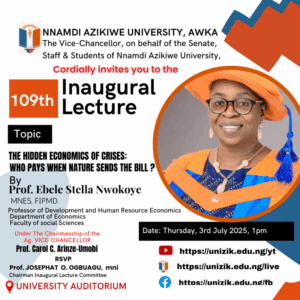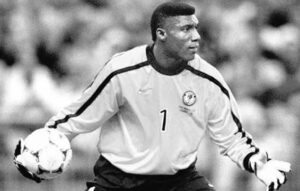Osinbajo, Obi call for more investment in education
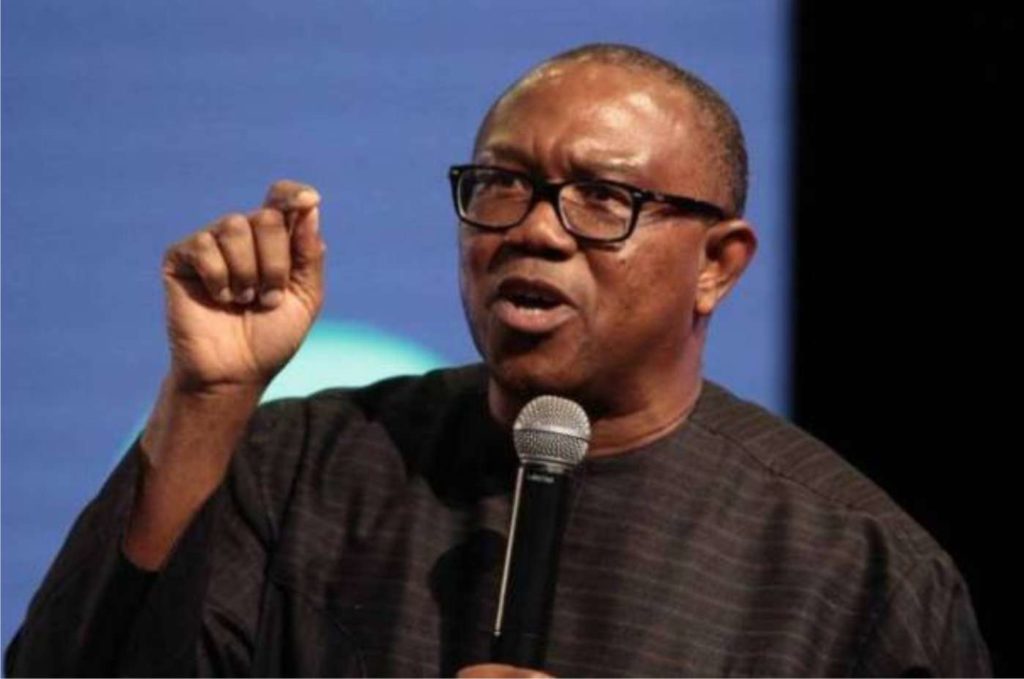
Peter Obi
The Vice President, Prof Yemi Osinbajo, and the Vice Presidential Candidate of the Peoples Democratic Party (PDP) in 2019 elections, Mr. Peter Obi, have both spoken on the need for the government to pay attention to education, saying that a nation’s development is directly proportional to the level of educational investment in the nation.

SpeakingMonday at the TECHISD 2020 Online International Conference, Osinbajo and Obiagreed on the need to pay more attention to education in the country by way ofmore government funding and introduction of specialised technologicaleducational trainings that will enable Nigeria students and youths to fit intothe emerging world and compete favourably with their global counterparts inareas of science and technology. They both noted that the world is fastchanging technologically and anyone who does not catch up with the new wave oftechnology would be left behind.
Obialso appreciated Vice President Yomi Osinbajo for showing leadership by makingout time to share his knowledge with the participants, maintained that humancapital development via quality education remained the easiest way of fosteringdevelopment in a country.
Hefurther said that the amount of financial investment countries of comparativestand commit to education showed far more seriousness than Nigeria. Using SouthAfrica as an example, he says: “Besides extra-budgetary funding for education,what is our provision for education in our budgets? Between 2010 and 2016, forinstance, South Africa invested over 5%; Egypt more than 3.5%; and Nigeriabarely 1%” of their Gross Domestic Product [GDP] in Education. From 2010 to2014, Nigeria budgeted N1.860 trillion for the sector – or US$11.1 billion atthe exchange rate of N160 to the Dollar. In 2015 and 2016, the combinedbudgetary allocation was N761 billion – or US$2.1 billion at the rate of N360to a Dollar.”
“Therefore,over a period of 7 years, 2010-2016, Nigeria, then with a population of about190 million people, spent just US$13.2 billion on Education. Juxtapose this with South Africa, the second biggest economy in Africa which, with apopulation of 55 million invested overUS$15 billion on that critical sector in 2015 alone; and Egypt, the thirdbiggest economy with a population of 95million people spending about US$12 billion in that same year only. Obviously,Nigeria is still in slumber as far as investment in education is concerned.”
Obi called on the government to prioritize education which he said could give morereturns on investment that oil. He argued that countries like Venezuela hadmore oil than Nigeria and indeed many countries, but Venezuela remains undeveloped, a proof that oil proceeds alone cannot guarantee nationaldevelopment. He said “our world today is more technology and knowledge driven.All the countries ranking high in sustainable development have all made seriousinvestments in their education sector. These developed countries have prioritised human infrastructural development through education which is more important. Ifour leaders can pay more critical attention to education in Nigeria, the returnon investments will be far better the oil proceeds the nation currently gets”.
Answering questions from participants on his level of commitment as the Former Governorof Anambra State, Obi reiterated that he had always preached and practised investment in education. He recounted how he provided over 30,000 (thirtythousand) computers he provided for schools in Anambra State, which he said,was the highest number of computers any government had bought at a time in subSaharan Africa. He also told of how under his administration, schools in Anambra State were connected to the internet and computer teachers massively employedand trained to teach ICT in schools. Obi called urged leaders not to seefinancial commitments to education as expenses, but see them as investment which have short term, medium term and long term returns.
A Canadian based IT Expert, Mr. Magnus Ekwunife, who spoke on e-learning, saidNigerian leaders should emulate what Obi did in education Anambra which earned him international awards and accolades. He recalled how Prof Paul Collier of Oxford University was contracted by the United Nations to study what Obi did,which he said was comprehensive rehabilitation of education in the state, with emphasis on the introduction of ICT to make it globally compliant.
Earlier in his welcome address, the Director of Lion Gadgets and Technologies, Engr.Dr. Edward Anoliefo, a Rev. Fr who recalled the aim of the establishment of the centre, their output so far and the continued efforts to achieve their target,said they would continue to seek ways to solve local problems through the useof technology.
The conference was organised by the Centre of Lion Gadgets and Technologies in partnership with the Department of Electronic Engineering of the University of Nigeria, Nsukka (UNN).


